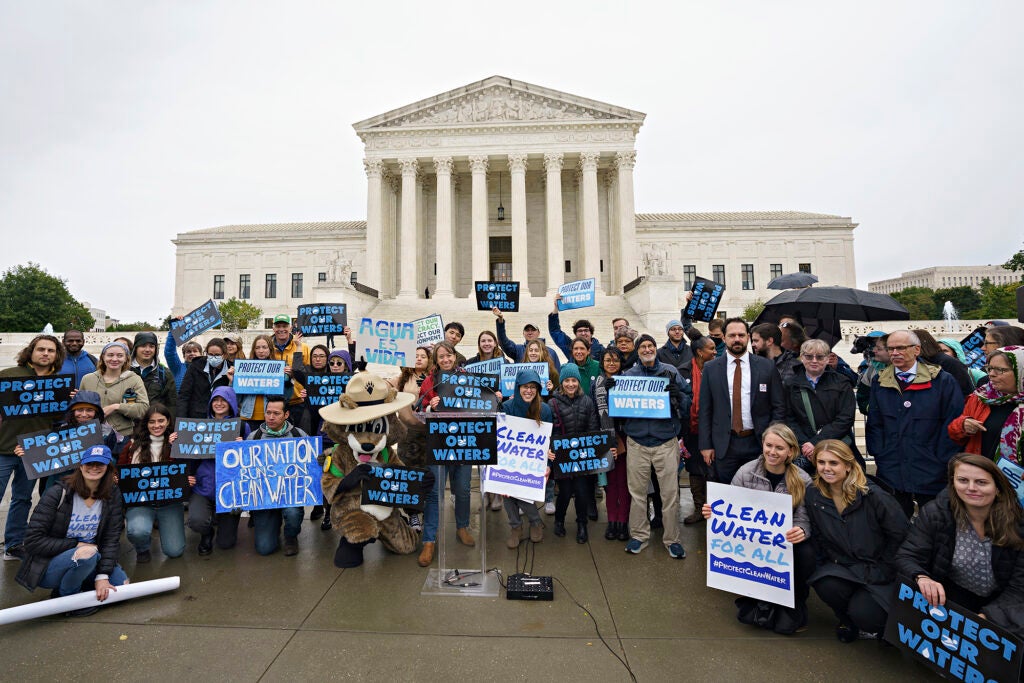Waters of the United States
Under Trump, the EPA cut millions of streams and wetlands out of safeguards guaranteed by the Clean Water Act, even though the agency’s own science advisors warned that pollution could spread downstream, harming larger bodies of water and the communities that rely on them.
Regional Office / Program
Case Overview
In 2021, the U.S. District Court for the District of Arizona said Trump’s Navigable Waters Protection Rule must be vacated because the rule contains serious errors and has the potential to cause significant harm to the nation’s waters if left in place while the Biden administration works on revisions to the rule.
The court ruling represented the culmination of a lawsuit brought by six federally recognized Indian tribes, who were represented by Earthjustice and sued the Environmental Protection Agency and Army Corps of Engineers for passing a rule that eliminated Clean Water Act protections for thousands of waterbodies by redefining them as not “waters of the U.S.”
Thanks to this lawsuit and the Court’s ruling, the country returned to water protections that were in place for years starting in 1986, wiping the Trump Dirty Water Rule off the books. This outcome ensures Clean Water Act protections are in effect while the Biden administration works to develop a new rule.
The Dirty Water Rule was particularly damaging for waters throughout the West, Southwest and Great Lakes. The six tribes and their members have been disproportionately harmed by the rule as their livelihoods and culture were put at risk when the Dirty Water Rule eliminated protection for thousands of wetlands, headwater streams, and desert washes.
Earthjustice represented the Pascua Yaqui Tribe, Tohono O’odham Nation, Quinault Indian Nation, Menominee Indian Tribe of Wisconsin, Fond du Lac Band of Lake Superior Chippewa, and the Bad River Band of Lake Superior Chippewa.
Case Updates
Case page created on June 30, 2022.
